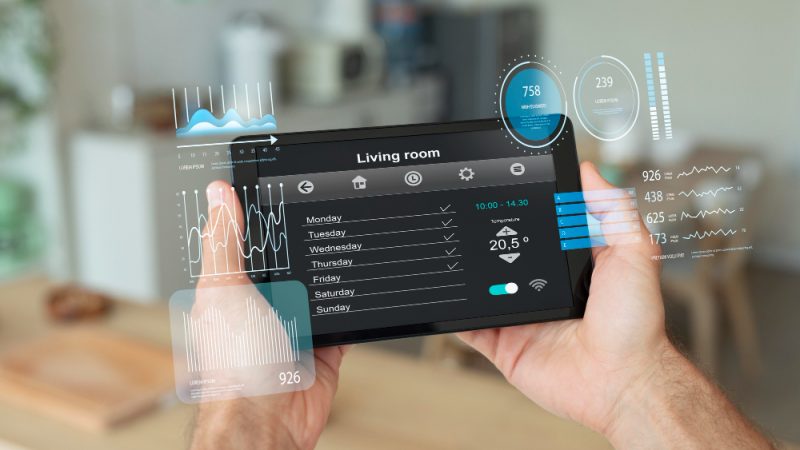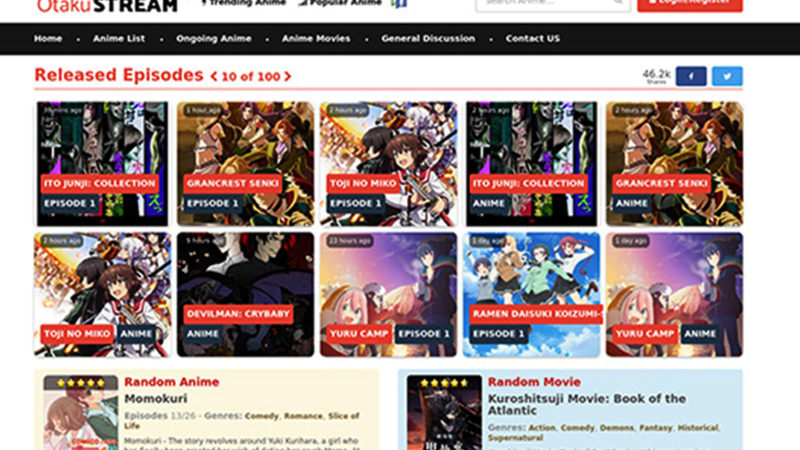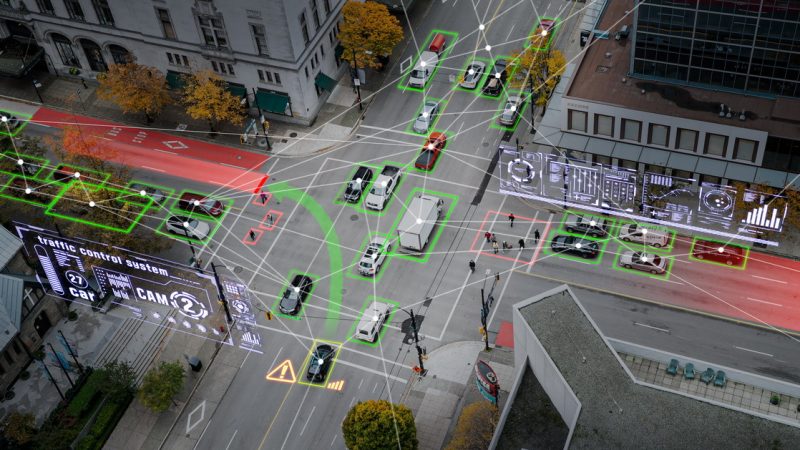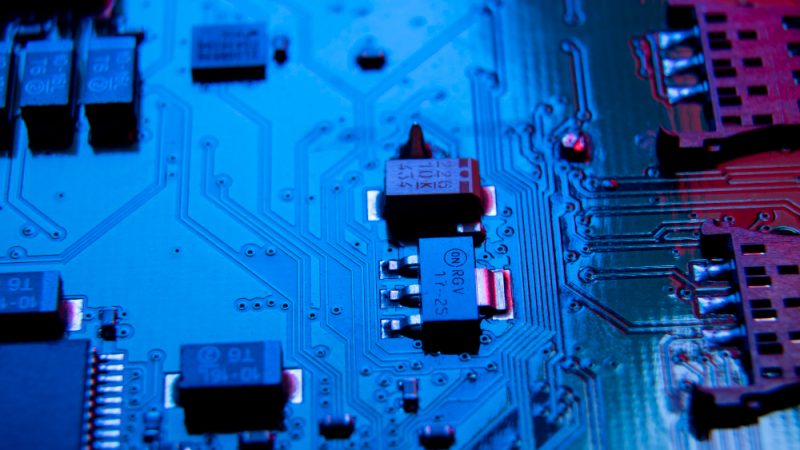5 Ways IoT and AI Improve Hospital Operations In 2022 & Beyond

Healthcare has become more advanced with the help of AI and IoT. The previous years didn’t see the peak of innovation until now. It is also expected that in the future year’s internet of things will change the healthcare industry.
This means it will bring positive health aid to people’s homes so they no longer have to venture far away for treatment.
As of this year and beyond we already have some smart innovations that have made life better and easier. In recent days the treatment might seem expensive but in the coming years, everyone can avail the advancements of healthcare at a minimum cost as well. Let’s have a look at the 5 methods IoT and AI has improved healthcare.
Patient engagement
This has become a huge thing through virtual assistants. You will find the same with your smart devices and the assistants are available such as Siri, Alexa, and google assistant. Through these virtual helpers, you will get a lot of help.
Then there is Orbita which is a healthcare system assistant. This is used for the care of chronic patients and it can be attached to several smart devices and wearable systems. It will report on the state of the patient, and provide care as required.
This will be a remote system but effective. This will also communicate with the healthcare professional when needed. To know more about this you can contact NetSuite consulting. Here you will get better help with healthcare devices.
Real-time data access
Real-time information is important in the fields of healthcare. Doctors and other professionals have to know about the current situations of the patient, and for that IoT has helped a lot.
Nowadays, doctors even from a far place can monitor the status of the patient through connected devices. They can check on the sick person and give advice. They can diagnose the issues with the person through the connected device and get a real-time report.
Also, the devices are smart enough to give notification on the health situation of the sick person and connect with a professional immediately. Many modern health instruments, such as NIR spectrometers (find out more about what is NIR), can generate information that’s stored in big data banks. With software able to interpret that data, healthcare professionals will be able to work on development and adoption of new experimental treatment methods.
Smart medicines
In 2017 there was the first FDA-approved smart medicine and it was called Abilify MyCite. These tablets can be used as normal pills.
The main function of these pills is that it has monitoring technology that provides notifications through the sensors about the state of the body. These sensors mainly keep track of the specific organs and parts of the body and send notifications about the same.
This way without dissecting the human body physicians can know about the condition of the patient. These pills are also useful in tracking the progression of medicines in the body and tracks whether the medications are taken routinely or not. For better knowledge, you can get in touch with NetSuite consulting. From here you will get to know more about smart medicines.
Inventory tracking
This is used in large healthcare places where they need to know about the systems and devices they have for the aid of people. This way hospitals can manage their inventory and medical instruments properly. Some of the advanced devices events alert the professionals about the expiry dates of the machinery and its workability too.
If anything goes wrong with the machines the devices will notify immediately so the problem could be solved. Then if there’s contamination on the machines this advanced technology will give notifications about the same.
With the help of this IoT technology, healthcare places can maintain the quality of aids to patients and there will be very few casualties in their work process.
Virtual monitoring
With the help of artificial intelligence now healthcare professionals can monitor the status of their patients even from a far place. The patients can have heart rate sensors attached to their beds and this is connected with a monitor.
This will help the doctors to check on the patient periodically. Also, the nurses would know what to do if the heart rate falters or anything goes wrong.
The virtual monitoring system is helpful for post-operation patients who are recovering. They will get better monitoring and the doctors can give better advice through the smart devices.
Healthcare has improved a lot these years with the help of AI and IoT, and it will still enhance its advancements in the future years.






